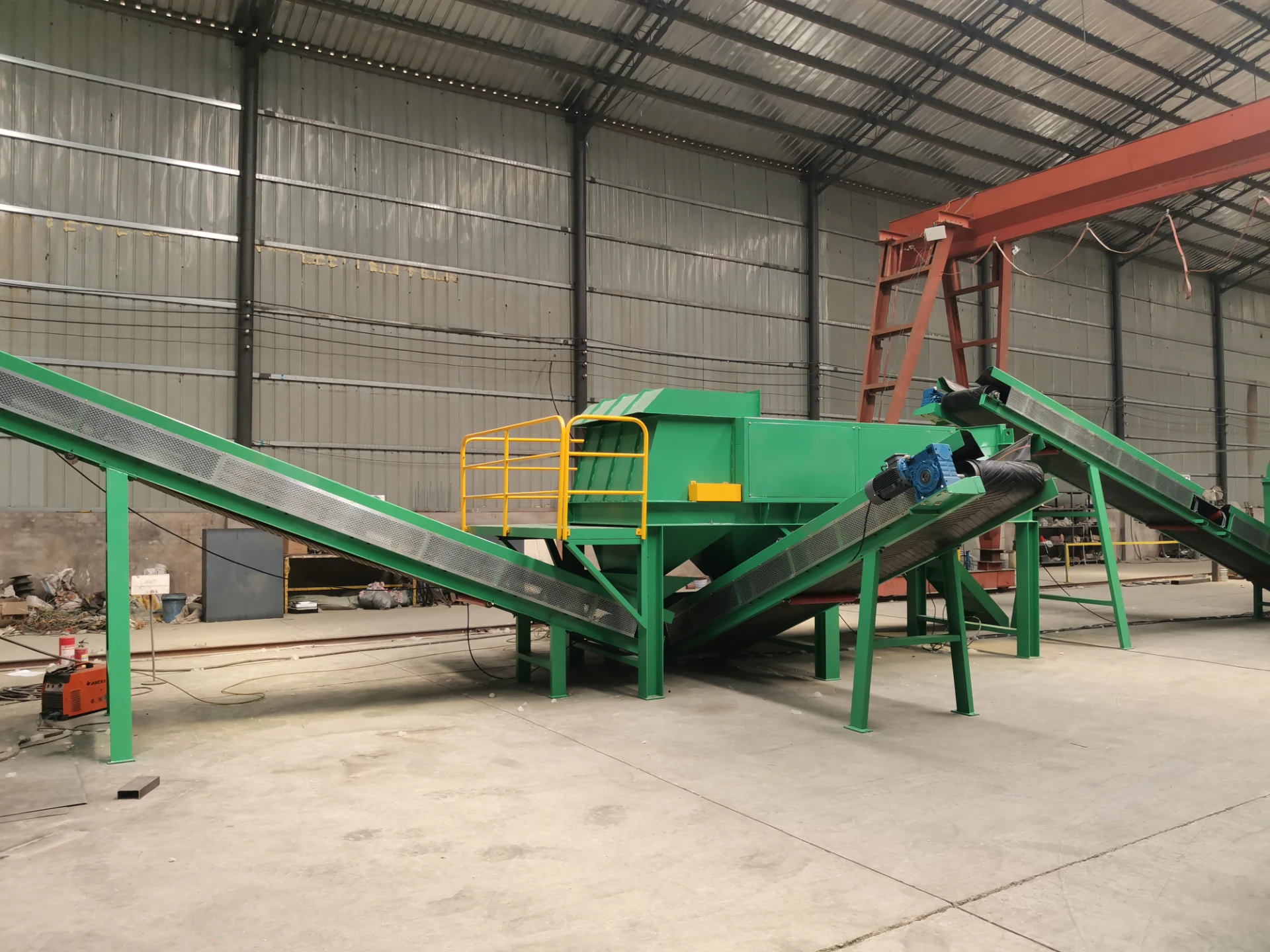

Nov . 09, 2024 14:13 Back to list
The Importance of Aluminium Recycling Plants
Aluminium is one of the most widely used metals in the world, renowned for its lightweight, strength, and resistance to corrosion. From aircraft manufacturing to food packaging, aluminium plays a critical role in various industries. However, the production of new aluminium is energy-intensive and environmentally damaging. This is where aluminium recycling plants come into play, providing a sustainable alternative to the extraction of virgin aluminium.
Aluminium recycling plants are specialized facilities designed to process scrap aluminium and convert it back into reusable material. The recycling process begins with the collection of aluminium waste, which can come from various sources, including old cans, packaging materials, and production scrap. Once collected, the aluminium is sorted, cleaned, and then shredded into smaller pieces, making it easier to melt down.
The melting process is a crucial step in recycling. Aluminium has a relatively low melting point of about 660 degrees Celsius (1,220 degrees Fahrenheit), which allows it to be melted down efficiently using significantly less energy compared to producing new aluminium from bauxite ore. In fact, recycling aluminium saves approximately 95% of the energy required for primary production. This energy efficiency not only reduces operating costs for recycling plants but also contributes significantly to lower greenhouse gas emissions.
One of the remarkable aspects of aluminium recycling is that it can be done repeatedly without any degradation in quality. This means that aluminium can be recycled multiple times without losing its valuable properties. As a result, aluminium products can have a virtually unlimited lifecycle through recycling. This characteristic makes aluminium a leader in sustainable materials usage, fostering a circular economy where products are continually repurposed and reused.

Moreover, aluminium recycling plants support local economies by creating jobs. These facilities require a workforce to manage operations, from sorting and processing to administration and distribution. As the demand for recycled aluminium continues to rise, so too does the opportunity for job creation in this sector. The growth of recycling plants can also stimulate related industries, including transportation and manufacturing, further enhancing local economic resilience.
Environmental benefits extend beyond energy savings. By diverting aluminium waste from landfills, recycling plants help to reduce pollution and the depletion of natural resources. Mining and refining bauxite ore is destructive to ecosystems and requires significant amounts of water, further stressing already strained natural resources. By recycling aluminium instead, we mitigate these environmental impacts and promote more sustainable practices.
The global move toward sustainable practices has prompted governments and organizations to support aluminium recycling initiatives. Incentives such as tax breaks, grants, and public awareness campaigns are encouraging more people to recycle. Additionally, advancements in technology are making aluminium recycling more efficient, from better sorting tools to enhanced melting techniques. These innovations will only improve the ability of recycling plants to meet growing market demands.
In conclusion, aluminium recycling plants play a pivotal role in promoting sustainability and conserving natural resources. With their ability to produce high-quality material at a fraction of the energy cost associated with primary production, these facilities are instrumental in creating a more sustainable future. As consumers and industries alike become increasingly aware of the importance of recycling, the demand for aluminium recycling will undoubtedly grow, further solidifying its status as a cornerstone of environmental stewardship. Supporting and investing in these plants is essential for fostering a responsible relationship with our planet, ensuring that we can continue to enjoy the benefits of aluminium without compromising future generations' ability to do the same. Through efficient recycling practices, we can transform waste into valuable resources, thus closing the loop in our production systems and paving the way for a more sustainable world.
Latest news
Troubleshooting Common Eddy Separator Problems
NewsJul.04,2025
The Role of Metal Recycling Plants in Circular Economy
NewsJul.04,2025
The Impact of Recycling Line Pickers on Waste Management Costs
NewsJul.04,2025
Safety Features Every Metal Shredder Should Have
NewsJul.04,2025
How Industrial Shredders Improve Waste Management Systems
NewsJul.04,2025
How Cable Granulators Contribute to Sustainable Recycling
NewsJul.04,2025